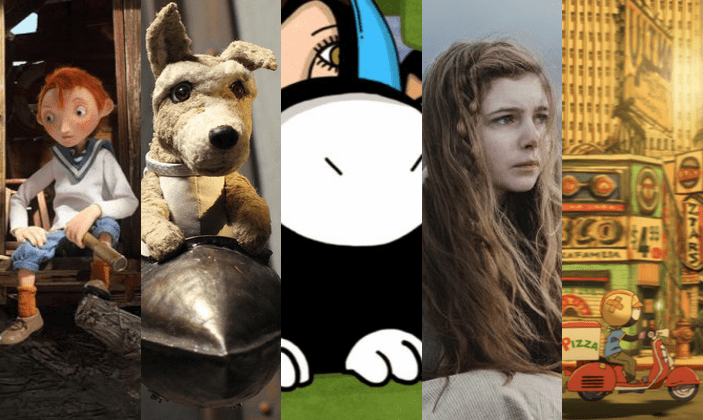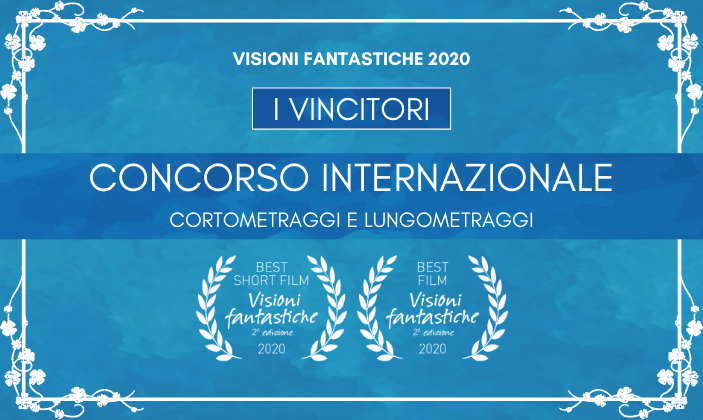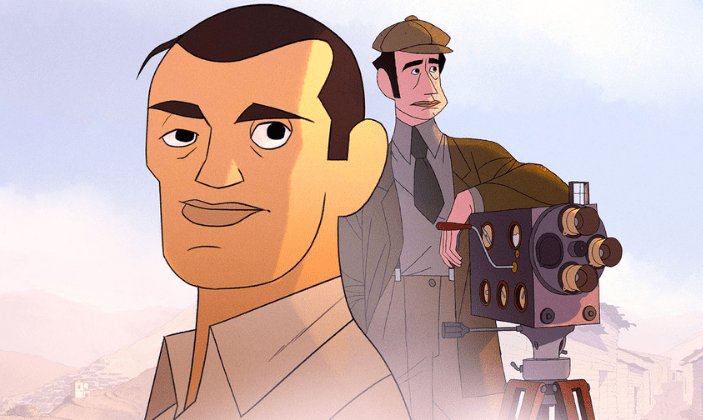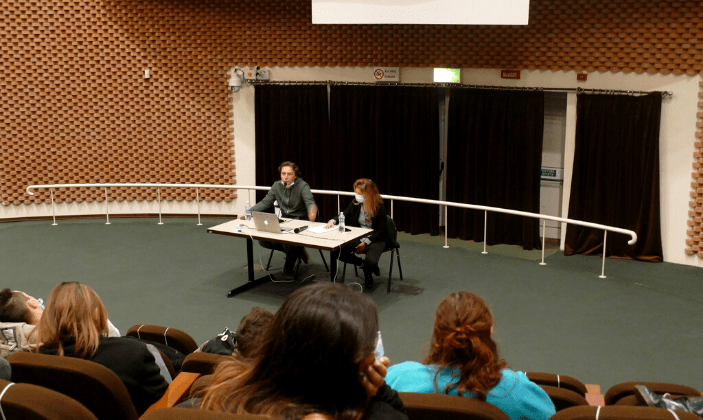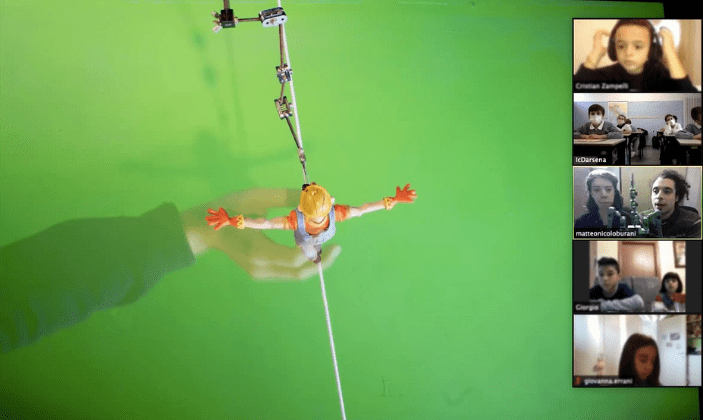Fantastic Premieres is the feature film non-competitive section of Visioni Fantastiche, a sort of free and frank area that tries to map the different faces of contemporary cinema for kids through five different films, each with its own powerful and original voice.
The only live action of the section, aimed at an older audience, Gwen (Saturday 26 October, 9pm), is a rural gothic with a teenager harassed by her stepmother, according to a typical pattern of the fairy tale, but which gradually turns into disturbing nuances as a mysterious male of perhaps supernatural origin takes possession of the stepmother’s body.
The two animated films Captain Morten and The Spider Queen (Wednesday 23 October, 6pm) and Lajka (Thursday 24 October, 6pm) are kind fairy tales, full of ideas and bizarre characters, definitely more light-hearted, being aimed at the little ones. Both films are made with the ancient technique of Stop-Motion, which fell into disuse in the 1980s and returned in vogue in recent years thanks to the works of Tim Burton, Henry Selick, Aardman Animations and Wes Anderson.
Captain Morten, focused on a boy reduced to the size of an insect and engaged in a fantastic adventure in his own home, which has become enormous and full of traps, is a respectable European co-production, with a fluid and rich animation and a great directorial ability to play with spaces depending on the change in the size of the characters.
Lajka, on the other hand, is a small Czech production that required a good eight years of work, a small film worth defending and spreading that tells of a dog’s journey through space, its peaceful encounter with other animals and alien creatures, and their attempt to defend their community from the obtuse attempts of two human astronauts, an American and a Russian. A simple and fun film, whose technical limits make it even more precious and lovable.
The last two films of the section, Mutafukaz (Monday 28 October, 9pm) and Window Horses (Friday 25 October, 9pm), are instead two precious animated films aimed at adolescents and “interpreted” by characters of their age. Mutafukaz, a rich Franco-Japanese co-production that brings together the European Ankama and the prestigious Japanese animation studio Studio 4 ° C, is an imaginative and violent cartoon telling the street culture in a completely new way, mixing teenagers, mopeds, hip hop, ghetto solidarity, youth fashion, pizza and takeaway junk food with a crazy interweaving based on alien and gangster conspiracies. 2D animation is of the highest level, fluid and detailed, but gaining attention is the richness of the metropolitan setting, dotted with hundreds of details and crawling with life.
Window Horses, on the other hand, is a delicate training story set between Canada and Iran, in which a half Iranian and half Chinese girl travels to her father’s country of origin to participate in a poetry competition, discovering her own origins and understanding something of herself. Created in 2D animation, the film has a very refined and simple style, supported by an idea of dazzling staging: unlike the other characters, outlined with realistic appearances, the protagonist is hyper-stylized, with a body composed of a few roundish lines: it is not a coincidence, it is a teenager still looking for an identity, for this reason it is different from the others.

